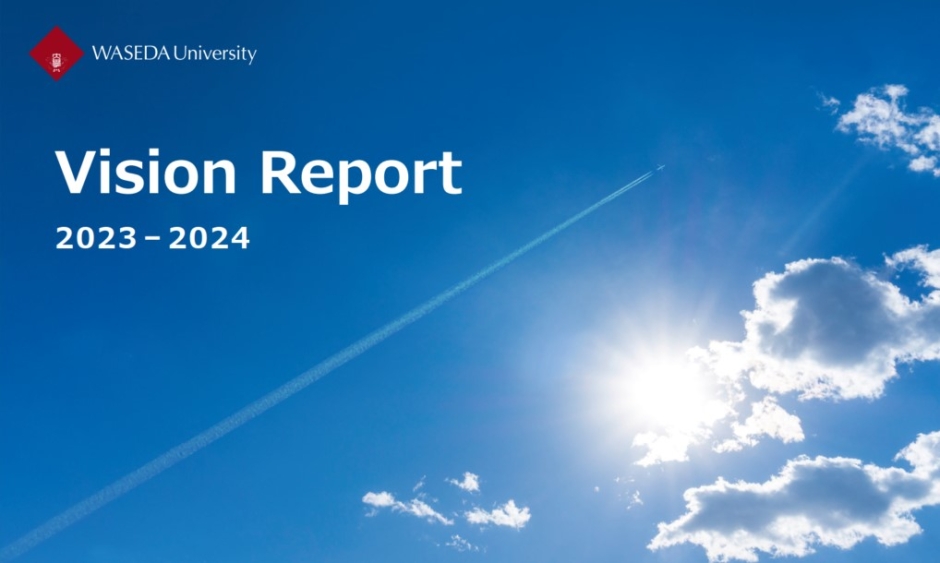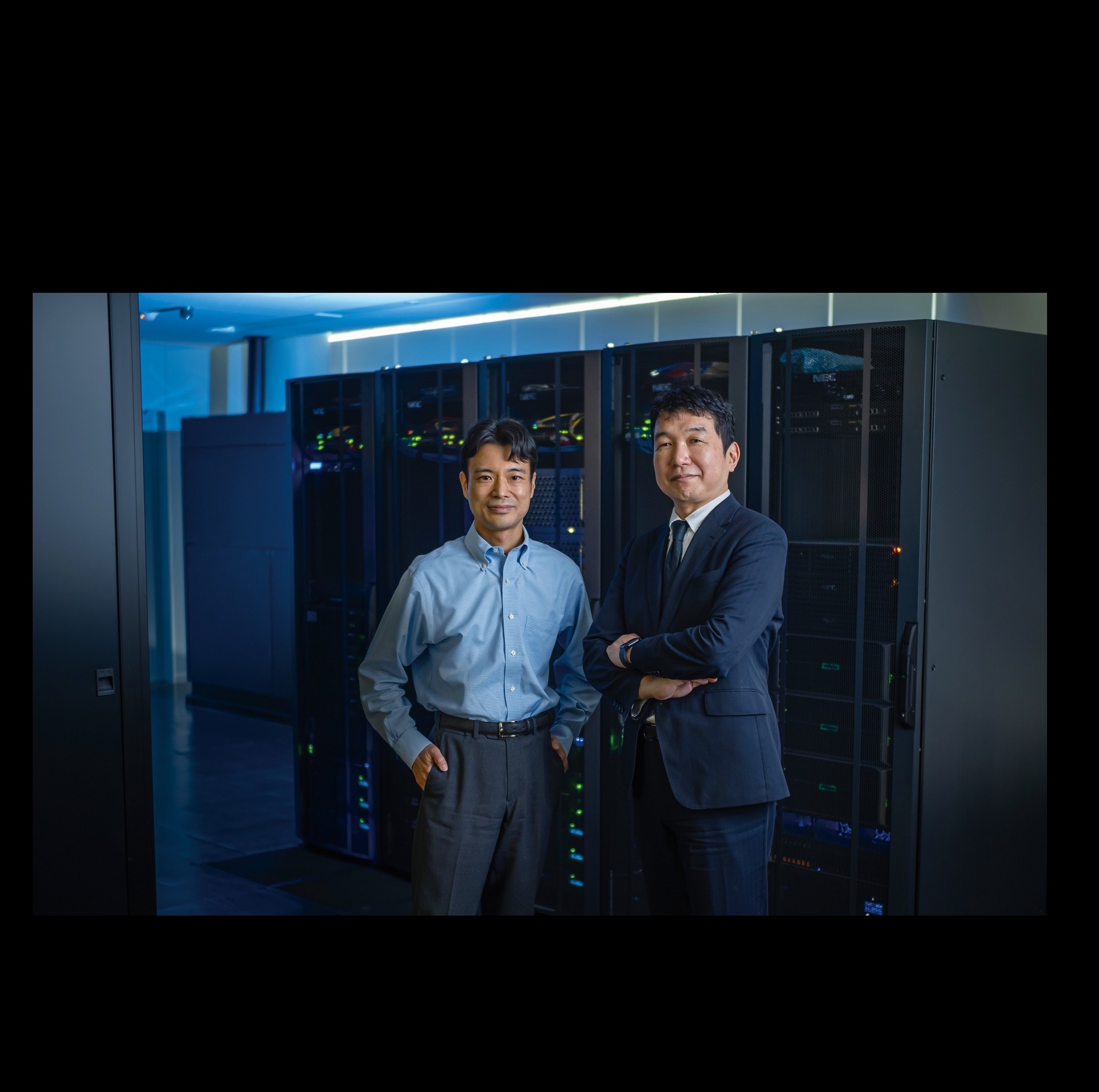- Featured Article
Comprehensive Acceleration of Quantum Technologies, from R&D to Social Implementation
Integrated Report -Vision Report- 2023-2024
Fri 27 Jun 25
Integrated Report -Vision Report- 2023-2024
Fri 27 Jun 25
An Example of High Impact Research:
Comprehensive Acceleration of Quantum Technologies, from R&D to Social Implementation
R&D in quantum technologies, which are expected to bring about transformations in IT, is gaining momentum throughout the world. We spoke to Professor Nozomu Togawa, Director of the Quantum Technology Research and Implementation Center (QuRIC), and Professor Takao Aoki, Deputy Director of QuRIC, about the Center’s unique characteristics and future outlook.
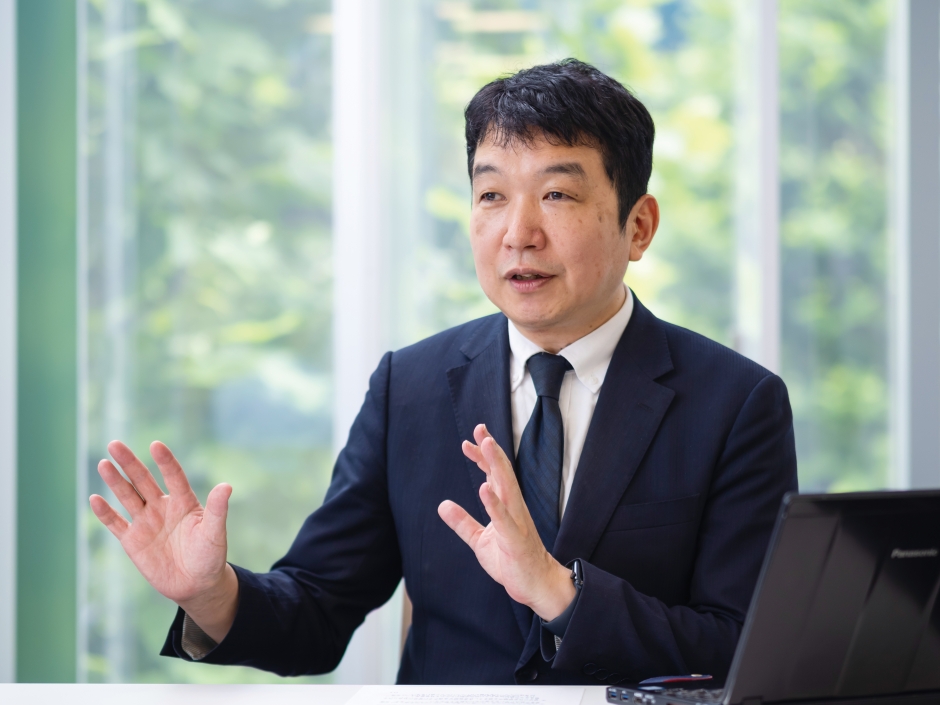
Nozomu Togawa
・Director of the Quantum Technology Research and Implementation Center
・Professor at the School of Fundamental Science and Engineering, Faculty of Science and Engineering
Takao Aoki
・Deputy Director of the Quantum Technology Research and Implementation Center
・Professor at the School of Advanced Science and Engineering, Faculty of Science and Engineering
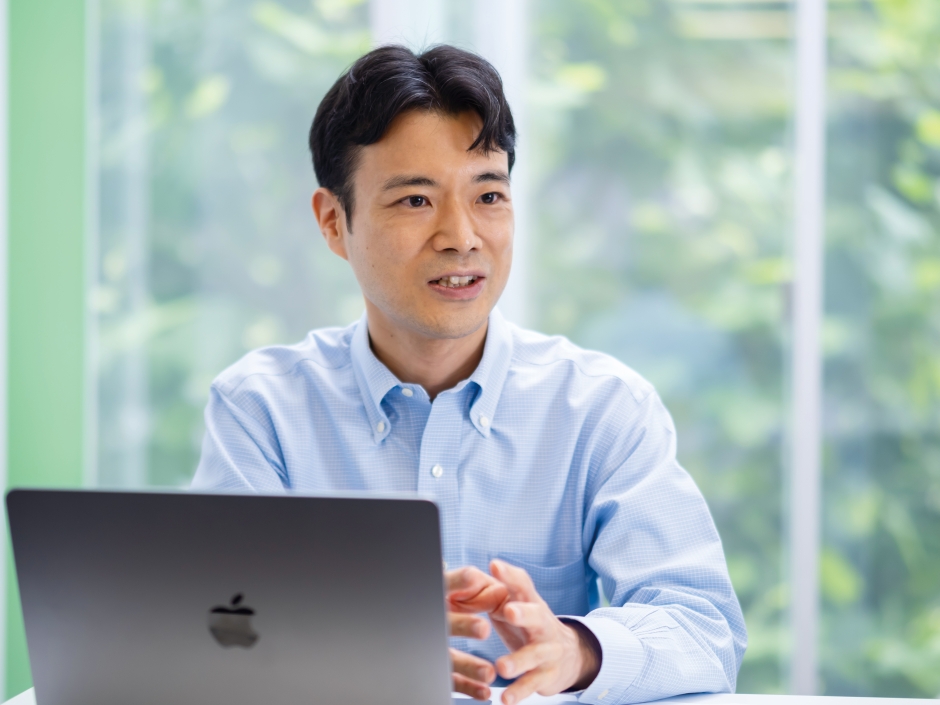
Waseda University’s academic research and education contribute to humanity. A wide range of activities at Waseda contribute to this, including advanced, original research that impacts the world and university-wide educational activities that transcend the boundaries of the humanities and sciences, alongside the day-to-day challenges undertaken by students both on and off the campus. Below there is information on some of the activities and outcomes that have a particularly significant social impact.
(This article is reprinted from: Integrated Report – Vision Report – 2023-2024)


Please tell us about how QuRIC was established.
Togawa: Quantum technology is a field that can only develop through collaborations among multiple fields. QuRIC was established as a base for comprehensive R&D that combines the fields of hardware, software, applications, and networks to implement the technology in society.
Aoki: Prof. Togawa is at the forefront of quantum software and application global research. And I promote research in new forms of quantum hardware based on original technologies from Waseda University. Waseda University has the seeds of technology for both quantum hardware and software, so we combine these two approaches.
Togawa: One of the unique features of the Center is that it started up rather spontaneously as in-house researchers involved in quantum technologies were very much aware of the need for collaborations.
Please tell us about the background and significance of the two start-up companies that found their beginning at the Center.
Aoki: Nanofiber Quantum Technologies (NanoQT), which develops quantum computer hardware, was established in April 2022. University researchers, mainly in Western countries, have established quantum technology start-ups, and in an increasing number of cases, huge investments have been brought in to accelerate research. In addition to a sense of mission that we must not fall behind in this regard, we wanted to provide young Japanese researchers with new career options.
Togawa: In October 2022, we established Quanmatic, which is involved in R&D and practical applications targeting quantum algorithms. For a long time, one of my goals was to present a paper describing my research results, but at the same time, I questioned whether this alone was really enough. Now that I have a place to implement my research in society, the technologies generated by the laboratory have become products, which are being introduced into actual corporate systems. It’s very exciting, and I could never have come this far on my own.
Aoki: NanoQT brings together outstanding researchers who have obtained PhD’s in the field of quantum physics, and we have one of the world’s top research teams. We achieved one of our goals in establishing the Center, which is to present an attractive career path for young researchers.
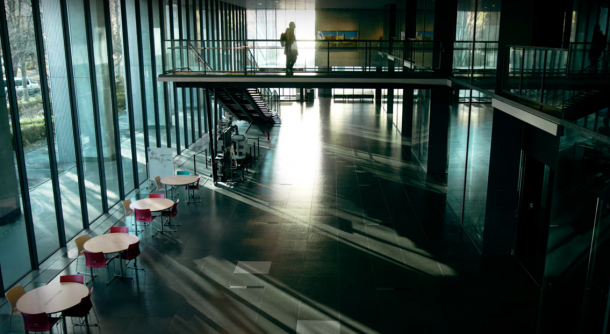

Please tell us about the prospects for the research and the potential of quantum technologies.
Togawa: How will things change in a future where quantum technologies are used throughout society? Stated simply, in the overwhelming speed of decision making.
Aoki: There are countless applications, one example being the optimization of logistics, but this is a common point. We will be able to resolve complex problems more quickly than with a conventional computer. A lot of research will be required to use the new form of quantum hardware that we are aiming to create. We will further strengthen collaborations between academia and the industrial world to achieve our goal of implementing this technology in society.
Togawa: I believe that the Center’s activities will serve as a model case for promoting the three-part mission of Waseda University, combining education, research, and contributions. We will accelerate the social implementation of quantum technologies based on collaborations among industry, academia, and government, and strive to meet the expectations of all those who have supported us.
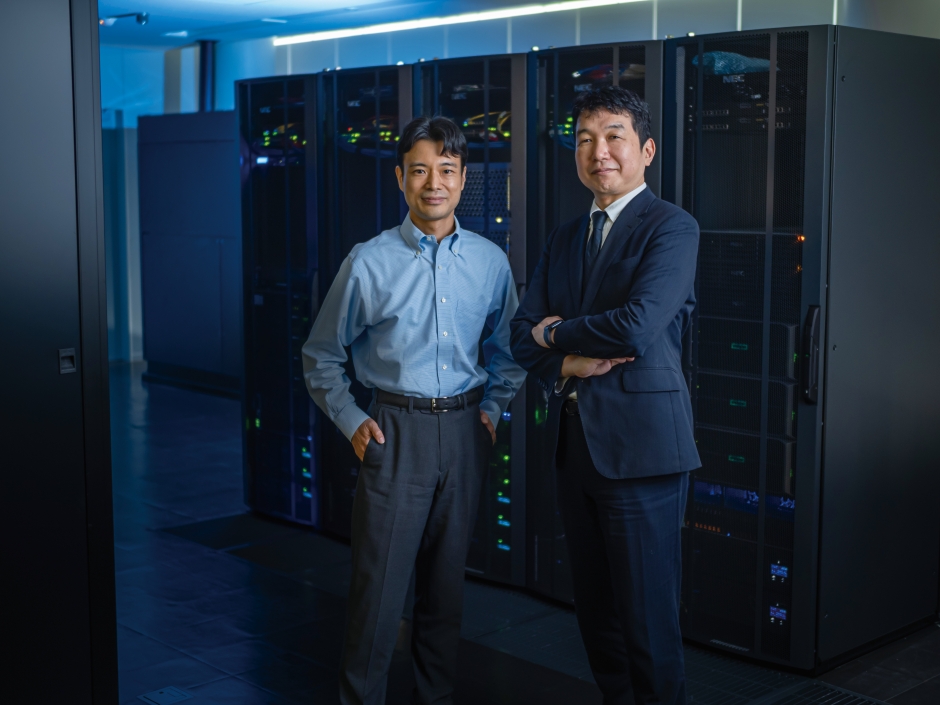
Left: Prof. Takao Aoki (School of Advanced Science and Engineering, Faculty of Science and Engineering)
Right: Prof. Nozomu Togawa (School of Fundamental Science and Engineering, Faculty of Science and Engineering)
Integrated Report – Vision Report – 2023-2024
